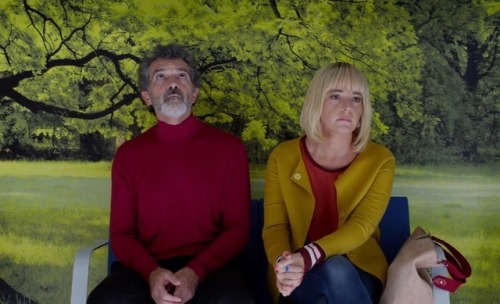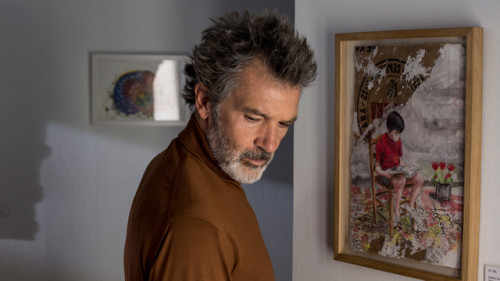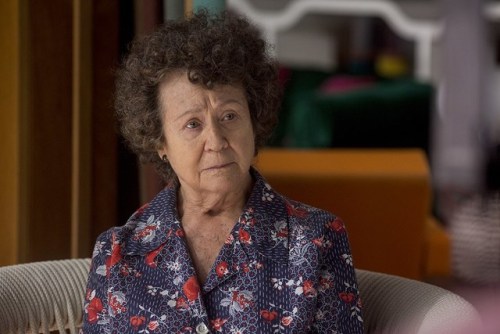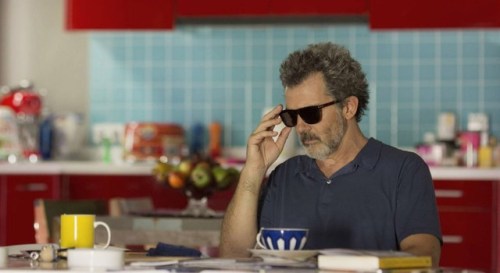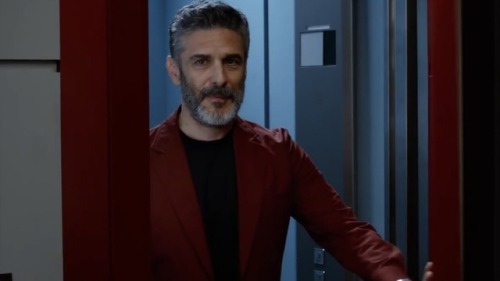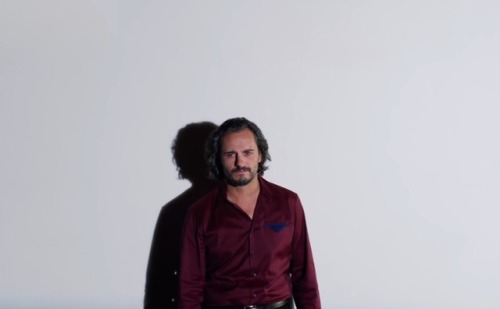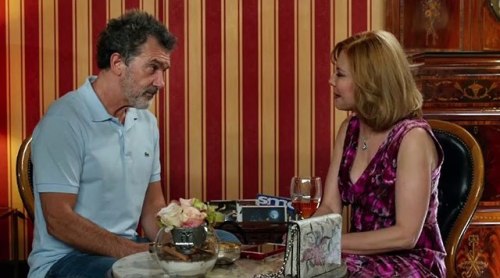#melodrama
This once in a blue moon kdrama made me feel a lot of unexplainable emotions. It really is rare that a 16 episode kdrama will turn around in a plot twist that is full of violence and with a bloody theme where scenes are about taking and keeping hostages in a dorm? Now I get why protests and oppositions made move in stopping the airing of this historical drama because it will probably made confusion to the nation that might cause the what-so-called historical distortion. However, I think the story somehow isn’t that of completely twisted. They told the story in a bold and satiric way. I love how those old ladies consult a fortune teller. The spies were unpredictable maybe that’s why the viewers cannot get a hold of what’s going to happen next, and I’m one of those who waited every weekend for two new episodes that will bring new spice in the story. Lastly, how can I not mention all those characters that brought colors to the story. They mixed up the fun and the fear. The chemistry between Jisoo and Hae-In was just too flawless♥. I’m looking forward to seeing them together in a drama again. Rest in peace to our dear Kim Mi-Soo, you are an angel. With that, sadness overflowed and tripled. For that, and the depressing ending.
Snowdrop (2021)












liability - lorde // thin white lies - 5 seconds of summer
Zarah Leander performing “Ich weiss, es wird einmal ein Wunder geschehen” ( “I know that someday a miracle will happen”) in the 1942 film Die große Liebe (The Great Love).
In her films, Leander repeatedly played independent, beautiful, passionate and self-confident women. Leander scored the two biggest hits of her recording career - in her signature deep voice, she sang her anthems of hope and survival: “Davon geht die Welt nicht unter” (“This is not the end of the world”) and “Ich weiss, es wird einmal ein Wunder geschehen” (“I know that someday a miracle will happen”). These two songs in particular are often included in contemporary documentaries as obvious examples of effective Nazi propaganda.
…Leander’s radical foregrounding of private concerns over public matters, her privileging of personal fulfillment and pleasure, though it was expressed in a tearful lament over its denial, must be seen in relation to a public sphere that demanded substantial personal sacrifices, even from women. Presuming that Leander’s songs put into words the suffering and disappointment of her various listeners vis-a-vis an everyday life that was marked by the dissolution of private happiness and thus operated as a form of cultural sublimation, we nevertheless cannot assume that those listeners were brought closer to the [Nazi] party line, and especially its patriarchal and homophobic components, as a result. Although Leander’s songs clearly functioned to create a spirit that encouraged the listener to keep on going even when times were rough….they did not necessarily encourage onlyNazis to keep their chins up. [Paul] Seiler even reports of gay Leander fans who found comfort in humming Leander;s infamous refrain “I know one day a miracle will happen”–which concludes the highly propagandistic Leander-film The Great Love--while being incarcerated as Jews in a German concentration camp. Bruno Balz, who wrote the lyrics, later defended his work, emphasizing that he conceived of the film’s various song texts after being brutally interrogated by the SS for his homosexuality.
Hitler’s Heroines: Stardom and Womanhood in Nazi Cinema, Antje Ascheid



